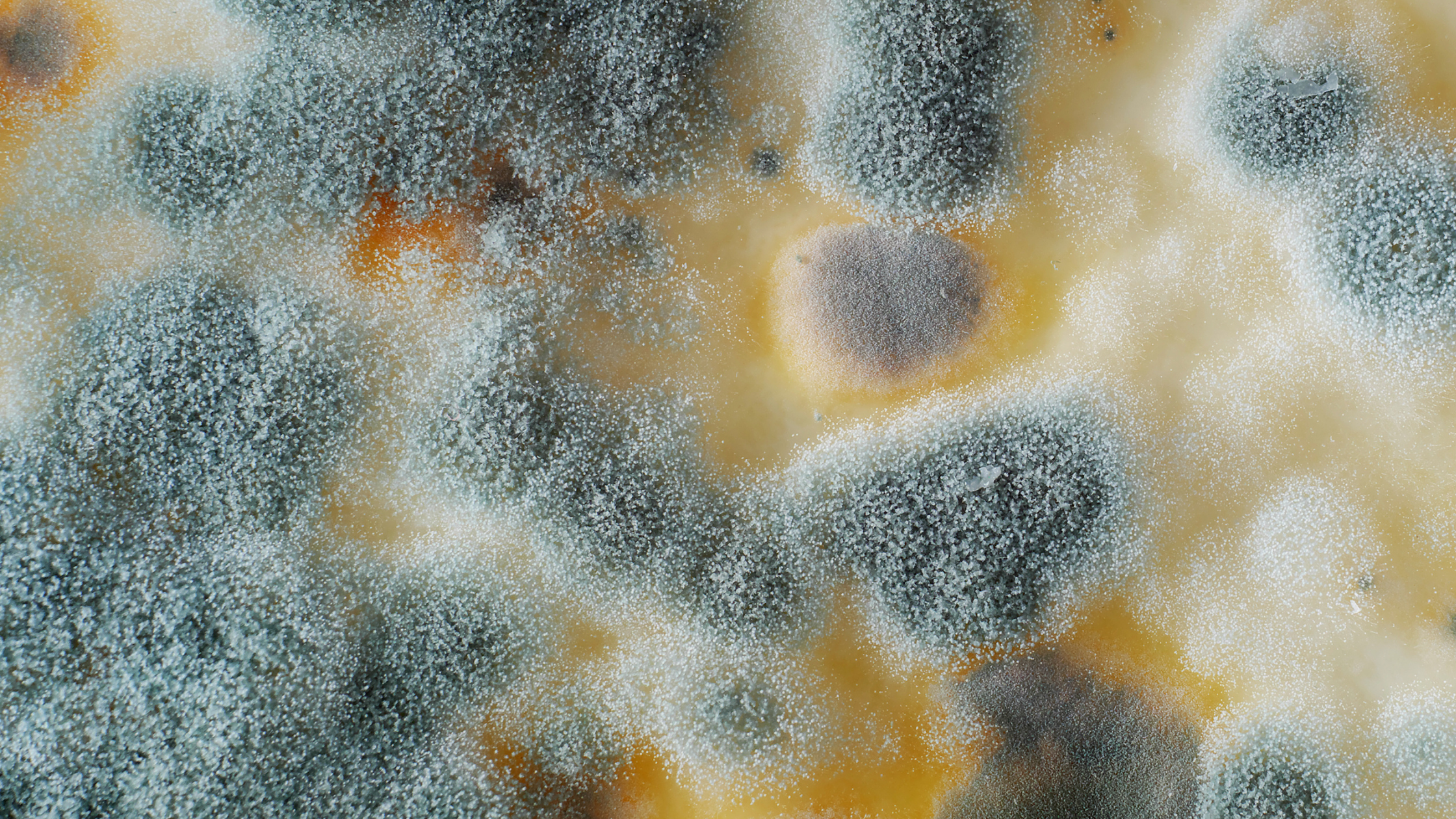Most people have mycotoxins and do not even know it. We’re here to address the underlying root causes of your symptoms – and mycotoxins might just be it.
Background on Mycotoxins
Mycotoxins are naturally occurring toxins produced by certain molds (fungi). Mycotoxins are primarily found in food or structures such as water-damaged homes and buildings.
According to the Food and Agriculture Organization (FAO), approximately 25% of the world’s agricultural products are contaminated with mycotoxins, and this contamination could occur before harvest, during the process of harvest, and even after harvest during the storage of these products. Mycotoxin-producing molds grow on food like cereals (corn, sorghum, wheat, and rice), oilseeds (soybean, peanut, sunflower, and cotton seeds), spices (chili peppers, black pepper, coriander, turmeric, and ginger), and tree nuts (pistachio, almond, walnut, coconut and Brazil nut).
Hundreds of mycotoxins have been identified, with aflatoxins, ochratoxins, trichothecenes, zearalenone, fumonisins, and patulin being among the most common. Some of these have also been classified by the World Health Organization (WHO) as carcinogenic.
Mycotoxins Symptoms
Mycotoxins affect virtually every system in the body. As such, the list of mycotoxicity symptoms is a long one, including: 
- Extreme fatigue
- Weakness
- Headaches
- Light sensitivity
- Brain fog
- Insomnia
- Morning stiffness and joint pain
- Tingling or numbness
- Shortness of breath
- Chronic cough or sinus congestion
- Sugar cravings
- Metallic taste in the mouth
- Vertigo
- Static shocks,
- Digestive issues – gas, bloating, heartburn, diarrhea, or constipation
- Blurred vision or red eyes
- Balance issues
- Anxiety
- Depression
- Skin rashes
- Urinary incontinence
- Decrease libido
- Frequent infections
Particularly in regard to neurocognitive symptoms, research has shown that mycotoxin exposure can suppress and impair the functioning of glial cells, which protect the nerves and brain from damage. Other neurological issues that can result from mycotoxin exposure include depression, movement disorders, dementia, and imbalance.
Our Approach

Mold toxicity is one of the major toxicity conditions we see at Princeton Integrative Health. Over the years we have gained a better understanding of mycotoxins’ effects on human health, advancing our diagnosis techniques and treatment of mold-related illness.
Since medicine’s understanding of mold-related illnesses is still in its infancy, mycotoxins are not commonly tested for in conventional medicine practices and that’s why we place such an importance on it. At PIH, we order urine tests through Real-Time and Great Plains laboratories to check for mycotoxins.
Once mycotoxins are identified, we take the patient along with our detox protocol which includes supplements and lifestyle changes to clear mycotoxin build up and reset your body. This entire process is an educative experience and requires a re-orientation of an individual’s thoughts, actions, and lifestyle.
Sources
https://www.who.int/news-room/fact-sheets/detail/mycotoxins
https://www.ncbi.nlm.nih.gov/pmc/articles/PMC6354945/
https://kaplanclinic.com/tag/mycotoxins/





